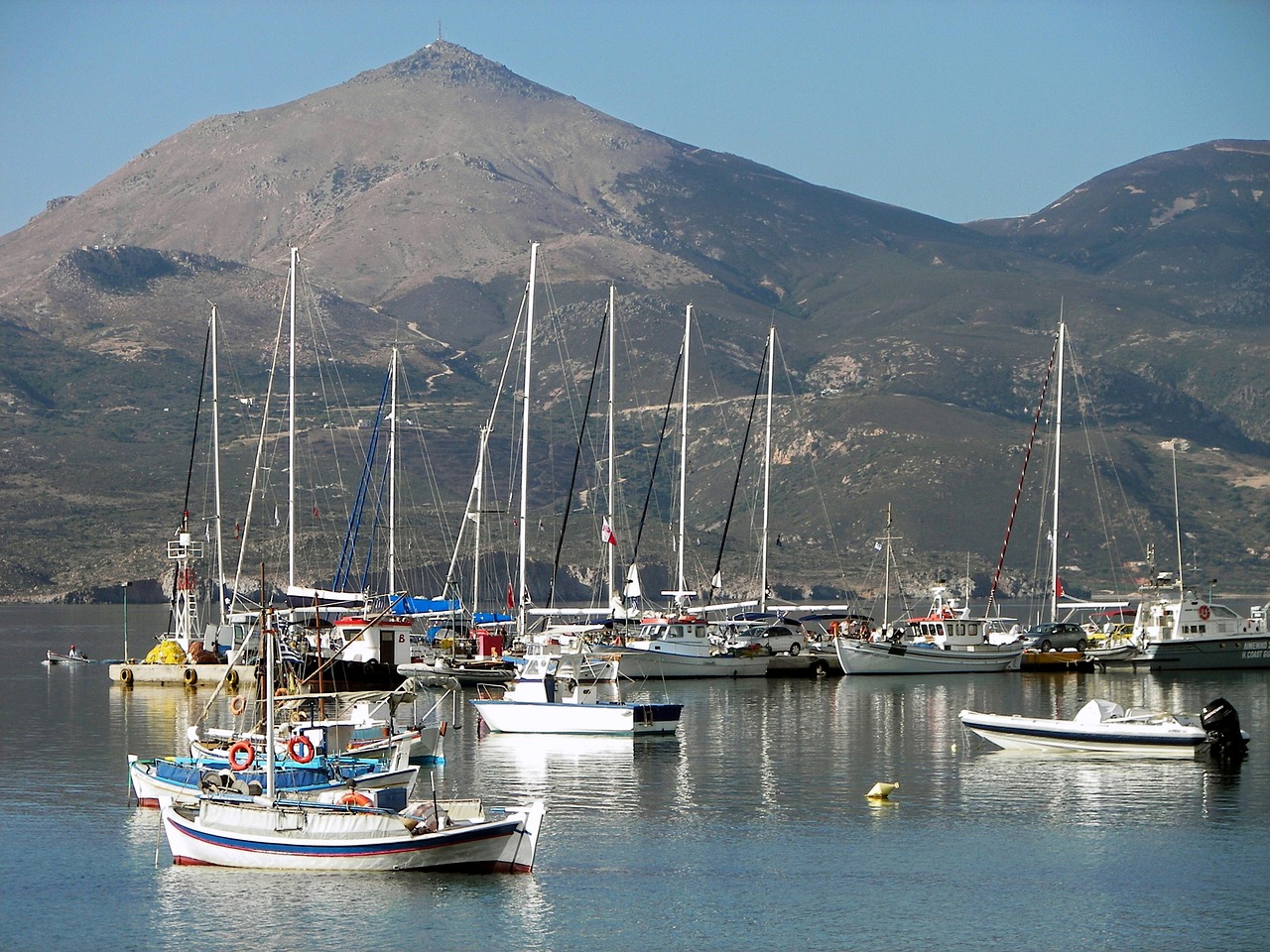Odysseus, a central character in Homer’s renowned epic, the Odyssey, is celebrated as a pivotal figure in Western literary tradition. The narrative depicts Odysseus as the King of Ithaca, the offspring of Laertes and Anticleia (descendant of Autolycus from Parnassus), and the devoted husband of Penelope and father to Telemachus. In later interpretations, his lineage is sometimes altered, claiming him as the son of Sisyphus and suggesting that he fathered other children with figures like Circe and Calypso. Homer characterizes Odysseus as exceptionally wise, cunning, articulate, resourceful, brave, and enduring. He emerges in the Iliad as the most adept at handling interpersonal crises among the Greeks, notably facilitating peace between Agamemnon and Achilles. His valor and combat prowess frequently come to the forefront, particularly highlighted by his cunning raid with Diomedes against the Trojans.
The Odyssey, comprising 24 books, revolves around Odysseus’s epic journey and the restoration of his home and kingdom following the Trojan War. It recounts how he ingeniously orchestrated the capture of Troy via the stratagem of the wooden horse. Books VI to XIII chronicle his adventures between Troy and Ithaca, beginning with his visit to the land of the Lotus-Eaters, where he struggles to free some of his crew from a state of lethargy induced by the lotus plant. His encounter with the Cyclops Polyphemus, a progeny of Poseidon, culminates in him blinding the monster and escaping by clinging to a ram’s belly. Subsequently, he loses 11 out of his 12 ships to the Laistrygones, cannibalistic giants, before arriving at Circe’s island, where he must rescue his men who have been transformed into pigs.
Further trials follow as he ventures into the Land of the Departed Spirits, where he converses with Agamemnon’s spirit and learns from the seer Tiresias how to appease Poseidon’s ire. Odysseus then encounters numerous mythical challenges including the Sirens, Scylla and Charybdis, and the Sun’s sacred cattle, which, despite dire warnings, his crew plunders. Ultimately, he alone survives the tempest that follows and reaches the serene island of the nymph Calypso.
After nearly a decade of turbulence, Odysseus finally departs from Calypso and returns to Ithaca, where Penelope and Telemachus have been valiantly trying to hold their ground in his absence. At first, only his loyal dog and a nurse recognize him. With Athena’s assistance, he proves his identity by passing Penelope’s test of stringing and shooting with his old bow. Afterward, he, along with Telemachus and a couple of loyal servants, defeats the suitors vying for Penelope’s hand. Despite his victory, Penelope remains skeptical and devises one final test, but ultimately recognizes him as her long-awaited husband and the rightful ruler of Ithaca.
In the Odyssey, Odysseus frequently showcases his cleverness and shrewdness, alongside his courage, fidelity, and generosity. Ancient Greek authors have depicted him variably, portraying him as a duplicitous politician or a sagacious and honorable leader. Philosophers have often lauded his intellect and insight. Meanwhile, Roman authors like Virgil and Statius occasionally criticized him as the conqueror of Troy, while others like Horace and Ovid admired him. Early Christian adherents held him in high regard as a symbol of the wise traveler. Notably, dramatists and romantic writers have interpreted his character through various lenses, each era reshaping the timeless figure of “the man of many turns” while preserving his archetypal essence.



